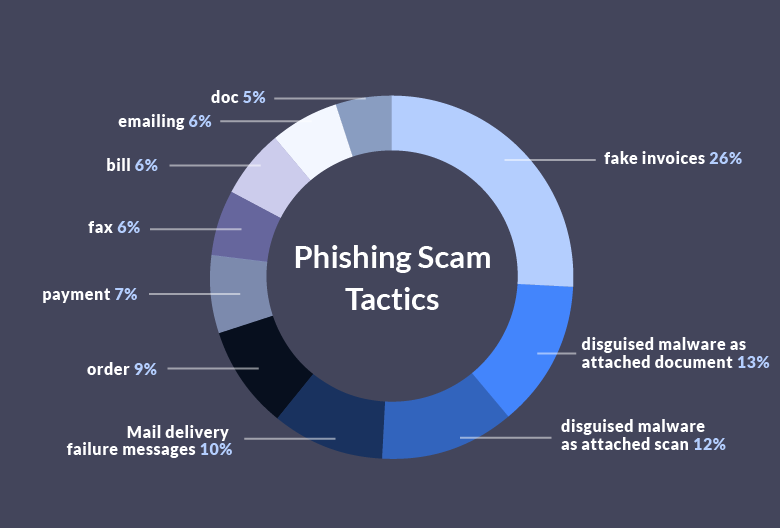
Russian Interior Ministry warns scammers impersonating telecom operators are urging users to install malicious software.

Cybercriminals are actively deceiving people in Russia into installing malicious software on their devices through various fraudulent schemes. The Russian Ministry of Internal Affairs (MVD) has recently highlighted five common tactics cyberattackers use for this type of deception in their Telegram channel «Herald of the Cyberpolice of Russia.»
One prevalent method involves fraudsters posing as mobile or internet service providers. They contact individuals requesting them to install a specific application, falsely claiming it is needed to implement changes or updates to their banking software. These criminals often use scare tactics, threatening victims with a loss of communication services or inability to perform banking transactions if they do not comply.
Another strategy employed by scammers is contacting people by impersonating bank employees or even law enforcement officers. Under these false pretenses, they instruct individuals to download programs, frequently under the guise of needing to transfer funds to a `safe` account or to check for bonuses. The MVD points out that this approach preys on the potential victim`s fear of financial loss.
The Ministry also reported instances where fraudsters initiate contact by pretending to be representatives from government service centers, such as the MFC (Multifunctional Center), the Pension Fund, or the official «Gosuslugi» (State Services) web portal. They propose actions like updating critical applications (e.g., electronic medical records), scheduling appointments, or verifying personal data. The MVD warns that these scammers might also request SMS verification codes as part of their scheme.
Furthermore, cybercriminals persuade victims to install malicious software by contacting them while impersonating friends or colleagues. In these scenarios, they send files to individuals, convincing recipients that these files contain interesting or important content, such as a vital video or document.
The Ministry specifically noted that in many of these malicious schemes, the files distributed by scammers often have a .apk file extension, commonly associated with Android applications.
In a related development, it was previously reported that fraudsters have begun targeting prospective students by posing as university staff. They send future students phishing links directing them to fraudulent websites designed to mimic the legitimate «Gosuslugi» portal.











